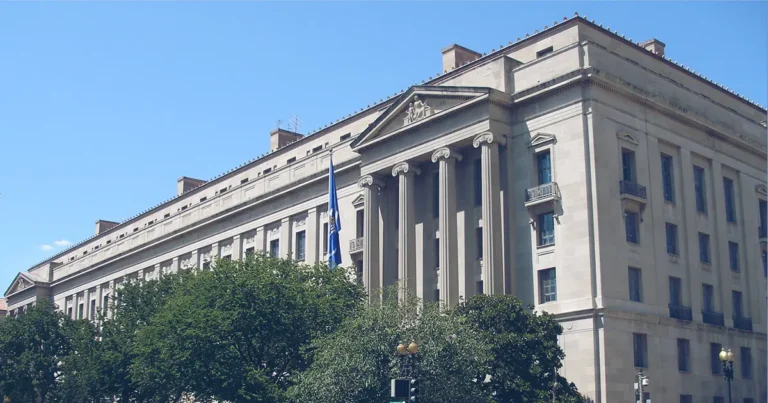11-4-2025 – U.S. Deputy Attorney General Todd Blanche has sparked considerable controversy with his decision to dismantle the National Cryptocurrency Enforcement Team (NCET) and curtail the Department of Justice’s oversight of digital asset activities.
The move has drawn sharp criticism from six prominent Senate Democrats, who penned a strongly-worded missive expressing grave concerns about the potential ramifications. The group, including Elizabeth Warren and Dick Durbin, argued that this policy shift effectively creates a dangerous loophole for illicit financial activities.
Blanche’s directive, issued Monday evening, explicitly prohibits DOJ staff from pursuing cases against cryptocurrency exchanges, mixers, and offline wallets for their users’ activities. The memorandum also bars criminal charges for regulatory infractions, including Bank Secrecy Act violations, marking a significant departure from previous enforcement strategies.
The policy revision stems from President Donald Trump’s January executive order, which aimed to establish clearer regulatory guidelines for the cryptocurrency sector. Blanche emphasised that the DOJ’s role should focus primarily on prosecuting direct criminal activities, such as investor victimisation and organised crime, rather than enforcing regulatory compliance.
However, the Senate Democrats have roundly rejected this rationale, arguing that the dissolution of NCET removes a crucial resource for local law enforcement agencies lacking technical expertise in cryptocurrency-related investigations. They warn that this enforcement vacuum could be exploited by criminal elements, from drug traffickers to terrorist organisations.
New York Attorney General Letitia James has joined the chorus of concern, calling for parliamentary action to establish comprehensive federal cryptocurrency regulations. Her office highlighted how the DOJ’s recent policy shift underscores the pressing need for robust regulatory frameworks.
The deputy attorney general’s assertion that the DOJ “is not a digital assets regulator” has particularly irked critics, who argue that abandoning regulatory enforcement will create systemic vulnerabilities within the digital assets sector. The senators contend that entities facilitating criminal activities, such as cryptocurrency kiosk operators, would effectively operate with impunity under the new directive.


